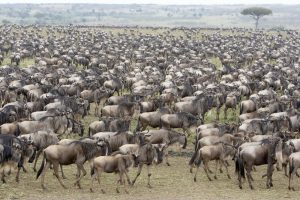Getting Rid of animals

Animals
Paul Carter MD
When we moved from the farm to the new house, Gilly put her foot down.
‘No more animals,’ she declared. ‘I want us to be free agents and able to flit hither and thither on the whim of the moment,’ she added in those pre-Covid days when you could do that sort of thing. ‘With no more feeding or watering or having to make arrangements if we want to go away. I’m not talking about insects,’ she added as an afterthought. ‘You can keep your bees. ’
I floated the idea of having a couple of lambs, and maybe even a steer, just to keep the freezer full, but the answer was a definite ‘no’ and anyway, I was told, and judging on past performance apparently, if I was allowed so much a one leg of one lamb I would soon have the place looking like Serengeti in the wet season. I also suggested a goat on a chain for the rough slope at the back of the new garden where it runs down to the creek, but again the answer came back in the negative, not even on a chain. And before I could think of any more species, Gilly then went on to make it clear that her answer covered all herbivores.
When I asked about chooks, Gilly was even more determined. ‘I’m not having rats around the place again,’ she said firmly. ‘And anyway we can buy beautiful eggs from the store at a fraction of the cost of doing it ourselves.’
‘And what about the dog?’ I asked after a pause, working hard to keep the nervousness out of my voice.
Gilly stood silently in thought for a time.
‘She is quite old and probably won’t last much longer anyway,’ I helpfully suggested.
‘Although, against that, she’s in amazingly good condition for a dog of her age,’ Gilly replied.
There was a further pause and then: ‘Okay, okay, the dog can stay,’ she finally quietly conceded, and I could tell it had been a near run thing. I was overcome by emotion and I picked her up, and hugged and kissed her in my excitement. Then Gilly told me to stop being so anthropomorphic and put the dog down.



